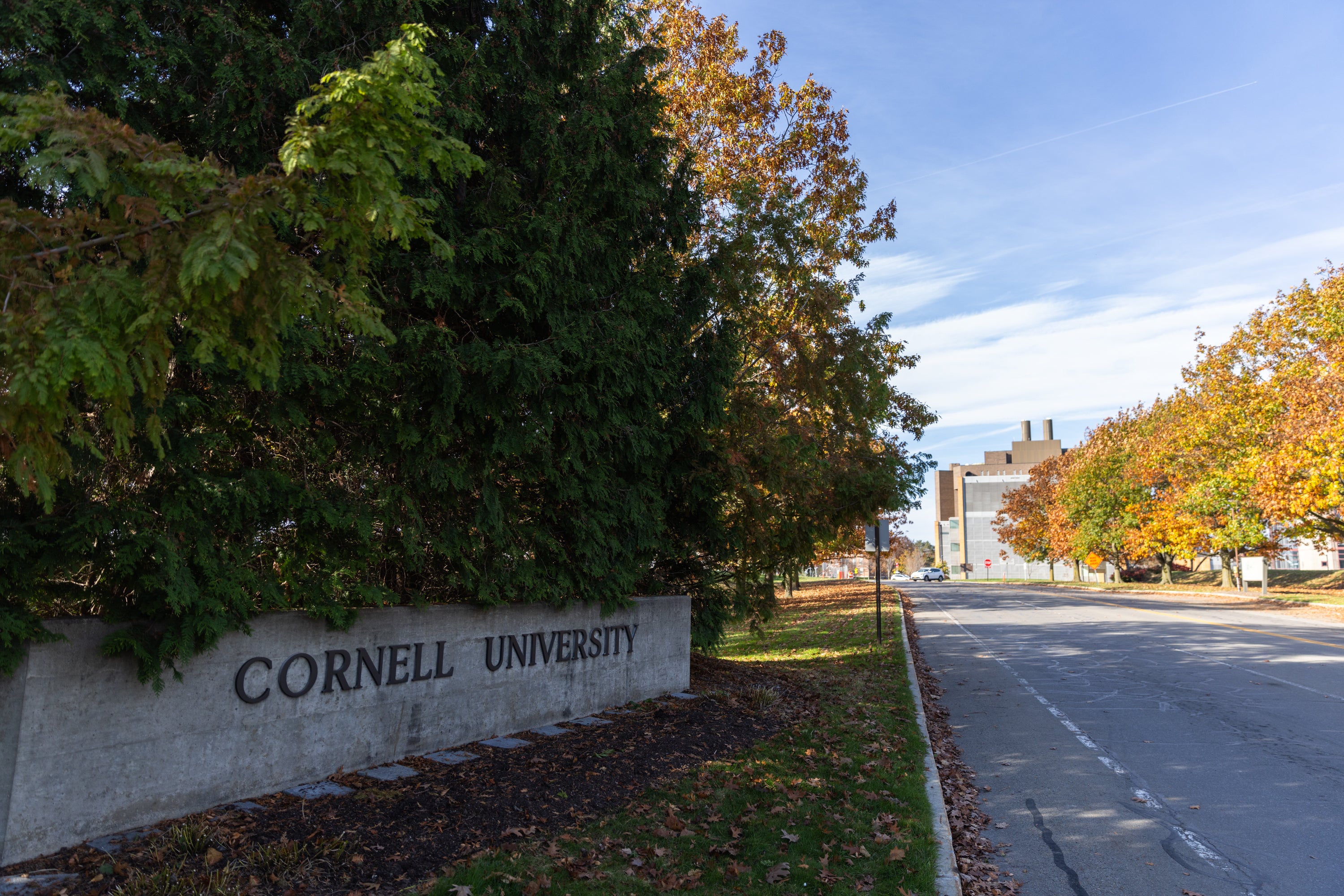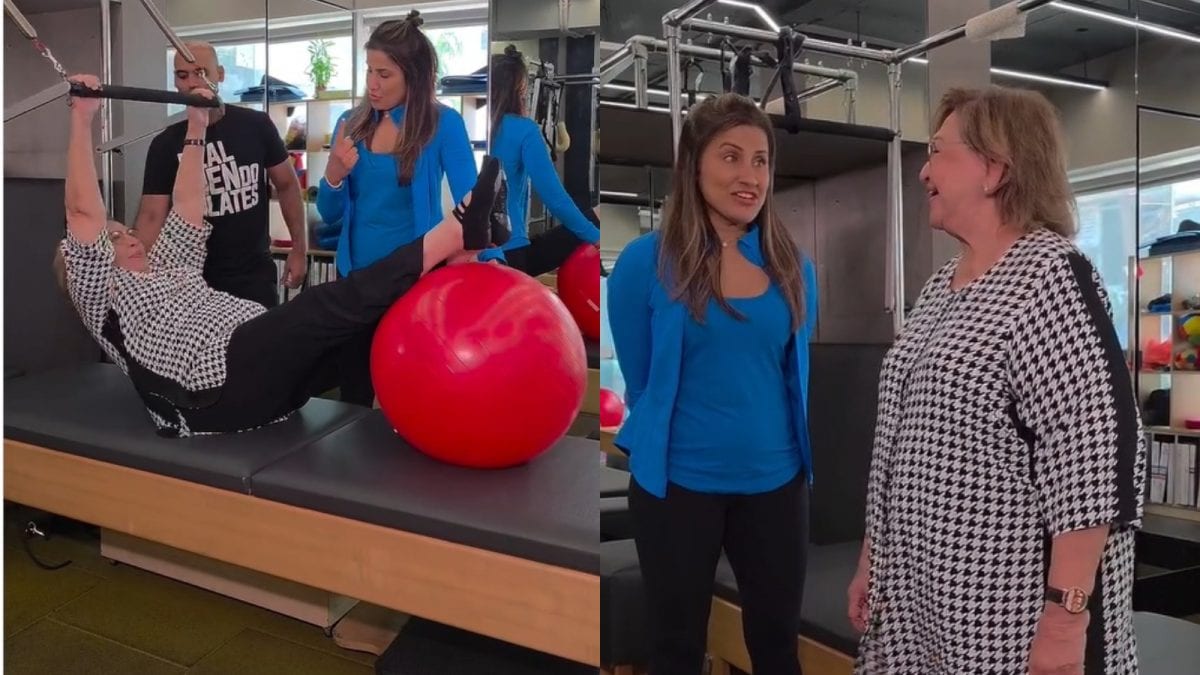There’s a simple hack to create happiness in your life, especially for times of chaos and anxiousness, and it starts with what you do in other people’s lives.
In January, Americans feeling “very satisfied” with their personal lives hit a new 24-year low. According to a Gallup poll that was released at the time, 44 percent of Americans said they are “very satisfied” with the way things are going in their personal lives.
“After several challenging years that encompassed the Covid-19 pandemic and persistently high prices, Americans’ extreme satisfaction with their personal life has fallen to the lowest level in a quarter century,” Gallup wrote in an analysis. “Political discontent appears to have further depressed satisfaction, especially for Republicans.”
So what can we do in these trying times? One psychologist turned to Gen Z, who are usually considered to be those born between 1997 and 2012, for the answer.

Cornell psychologist Anthony Burrow and his researchers from the university’s Purpose and Identity Processes Lab have run a six-year project asking the question, “If someone gave you $400 to make a difference in your community, what would you do with it?”
Over the years, Burrow and his team have selected more than 1,000 high school and college students to receive $400 and use it to add value to themselves and their communities through The Contribution Project.
The preliminary results of the project, which were shared in an article from The Washington Post Friday, show that at the start of the experiment, those who received the funds and those who didn’t scored the same on psychological measures, including latent well-being, sense of purpose, sense of belonging, sense of feeling needed and useful, and affective balance, which is the balance between positive and negative emotions.
But eight weeks later, the time frame recipients have to make their contributions, those who received the funds scored significantly higher than the others.

Recipients used the funds to pay for hundreds of loads of laundry for community members, donate books to their former high school, plant a tree on campus and create a mental health resource website.
“I think a lot of people in my generation are like me,” recipient Eric Kohut is quoted in The Washington Post. “Inherently, everyone wants to love and be loved. And I think that that comes out so often.”
The results of the project have yet to be peer-reviewed and published, but Burrow believes the principle of his experiment can make a difference in people’s lives.
“Invite people to think about a contribution they want to make and help them [to] make that contribution, and that person may walk around with greater purpose than if they hadn’t done that,” he said in The Washington Post article.





